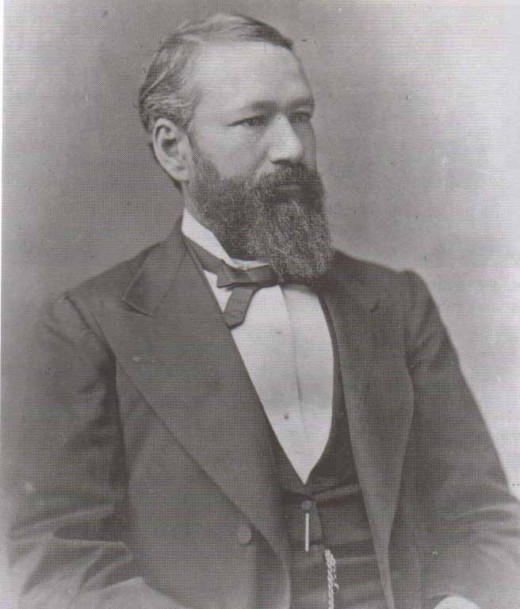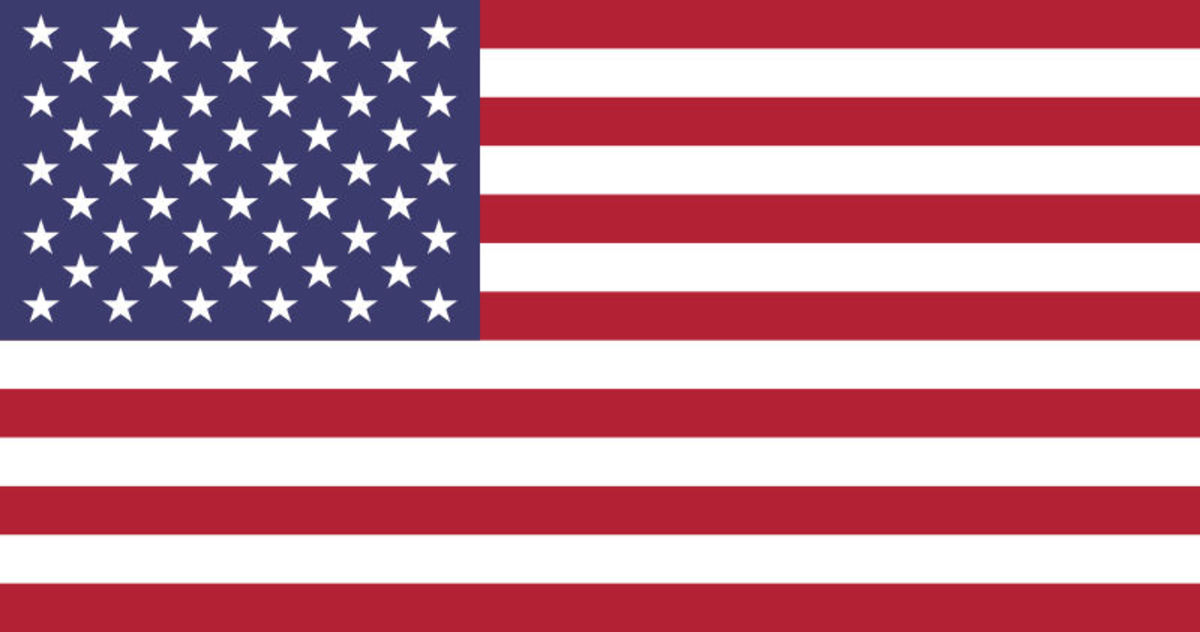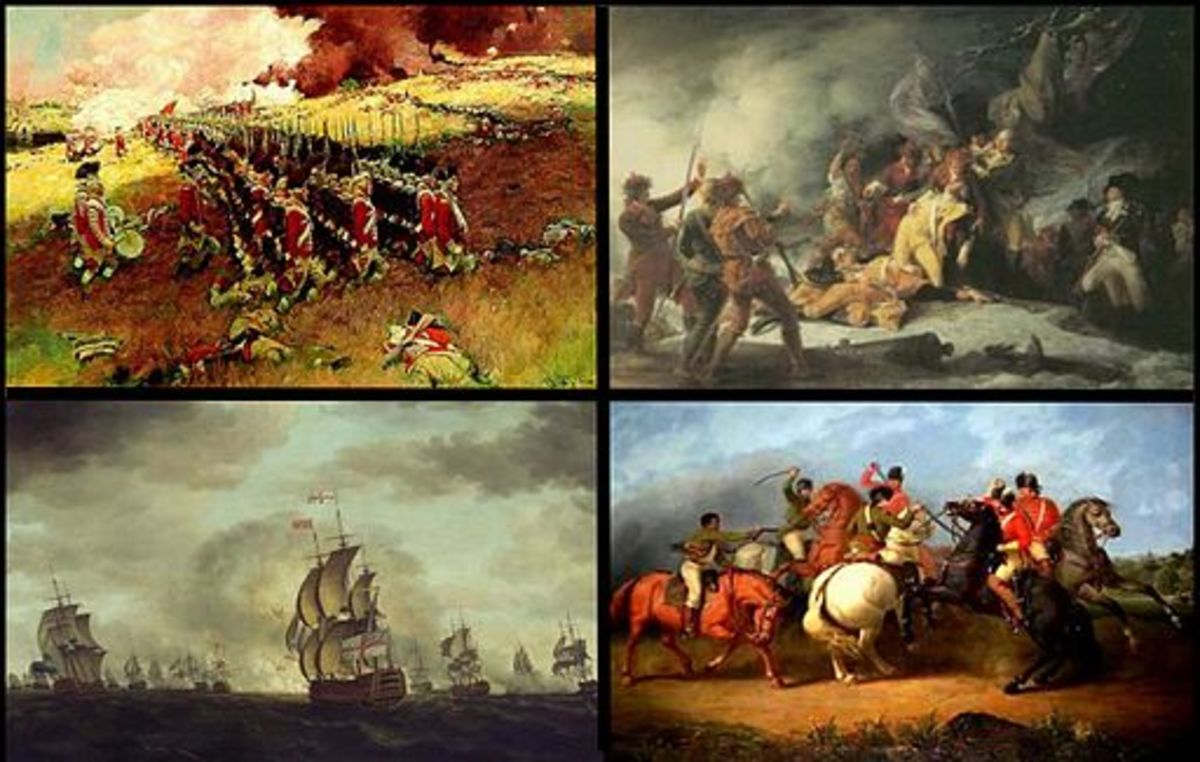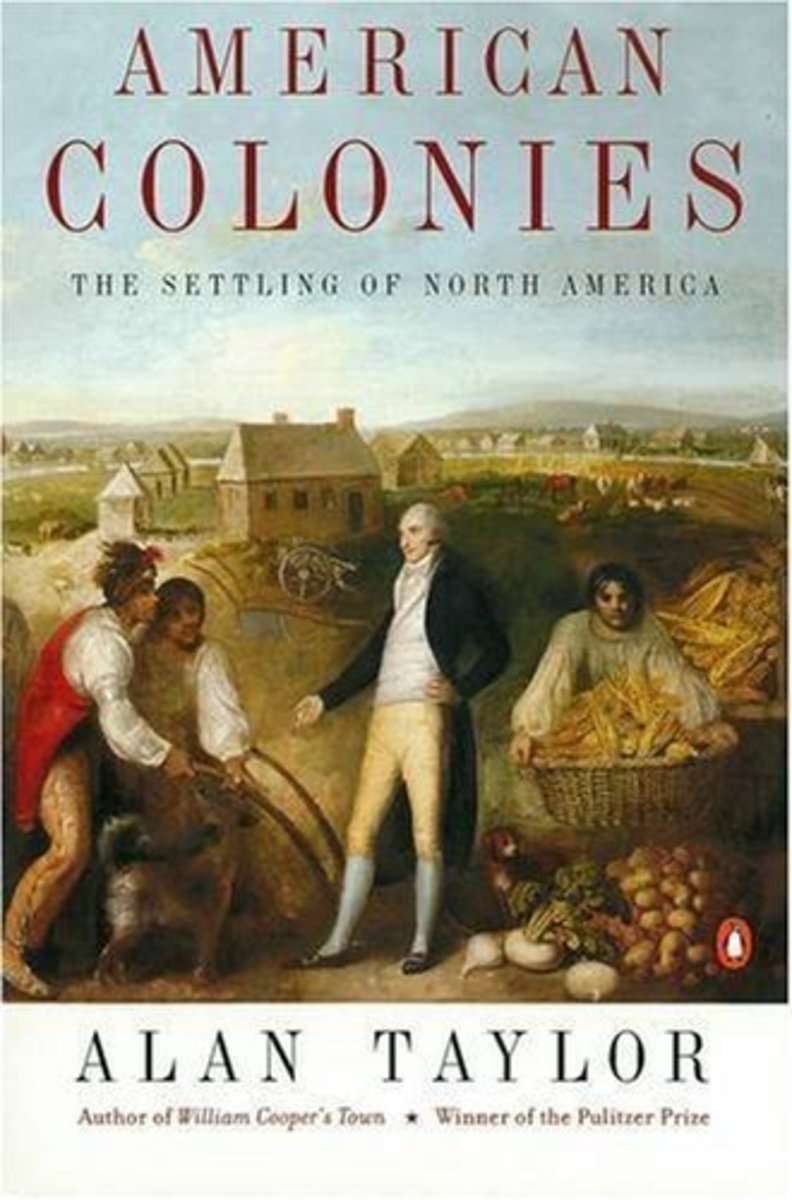- HubPages»
- Education and Science»
- History & Archaeology»
- History of the Americas
Plessy V. Ferguson

Why was the majority opinion of Plessy v. Ferguson that of a reasonable regulation? Being a landmark case in American History, this verdict provides a clear picture of how our society functioned in the 1890's and how it effects us to this day. Back then the majority opinion concluded that "separate but equal" was fair and some closed minded American's may still believe that today, but I will be analyzing the mentality of our society at that moment in time.
At the heart of Plessy v. Ferguson was a Lousiana statute that required railroad companies to provide separate but equal accommodations for white and 'colored' or 'minority' races. In addition to these great 'humane' separated accommodations, was the power of the train officer to remove you from said train and or arrest you if you were not in your assigned seat. "No person shall be permitted to occupy seats in coaches other than the ones assigned to them, on account the race they belong to; and requiring the officer of the passenger train to assign each passenger to the coach or compartment assigned for the race to which he or she belong; and imposing fines or imprisonment upon passengers insisting on going into a coach or compartment other than the one set aside for the race to which he or she belongs; and conferring upon officers of the train power to refuse to carry on the train passengers refusing to occupy the coach or compartment assigned to them". (Cornell).
If this isn't bad enough for you check out how they dragged the good old Thirteenth and Fifteenth Amendment's in there; "exempting the railway company from liability for such refusal, are not in conflict with the provisions either of the Thirteenth Amendment or of the Fourteenth Amendment to the Constitution of the United States". (Cornell). Wait a minute, I am saying that they were trying to use the two amendments in our constitution that basically gave equal rights to minorities to 'separate' minorities from whites? Yup.
The 13th Amendment states; " Neither slavery nor involuntary servitude, except as a punishment for crime whereof the party shall have been duly convicted, shall exist within the United States, or any place subject to their jurisdiction". (Cornell). The 14th Amendment states; " All persons born or naturalized in the United States, and subject to the jurisdiction thereof, are citizens of the United States and of the state wherein they reside. No state shall make or enforce any law which shall abridge the privileges or immunities of citizens of the United States; nor shall any state deprive any person of life, liberty, or property, without due process of law; nor deny to any person within its jurisdiction the equal protection of the laws". (Cornell). When you first look at these two amendments you might wonder how someone could use them to go in an opposite direction from which they were meant for. Never underestimate the power of hate.
Let's look at the facts. On June 7 1892, Homer Plessy a resident of Louisiana, of mixed descent, paid for and boarded a train. Upon boarding the train he sat in the coach where only whites were permitted to sit. The conductor (noticing that he wasn't 100% Caucasian) told Plessy to remove himself from the coach. Plessy refused. The conductor then summoned a police officer to forcibly remove Plessy from the coach and he was removed and arrested. Let's take a moment to understand this.
Okay, there are different coaches for blacks and whites. Plessy, if you ever saw a photo of him looks mostly white but has some African American features. "In the proportion of seven-eighths Caucasian and one-eighth African blood; that the mixture of colored blood was not discernible in him, and that he was entitled to every recognition, right, privilege, and immunity secured to the citizens of the United States of the white race by its constitution and laws." (Encycolpedia.com). The petition for the writ of prohibition averred that petitioner was seven-eighths Caucasian and one-eighth African blood; that the mixture of colored blood was not discernible in him; and that he was entitled to every right, privilege, and immunity secured to citizens of the United States of the white race Plessy thought he had a right to sit there since he was mostly white. It appears that he was wrong.
Plessy ended up taking his case to the Supreme court where 8 judges would decide if his arrest was constitutionally correct. During the trial there was some miscommunication over Plessy's claiming to be a white man instead of a black man, while he was refusing to leave the coach on the day of the 'unlawful' act. This really has no relevance if you think about it. This is like filling out one of those forms today that asks you what race you are. If you are mixed what do you check? What can you check? I am 1/4 Irish myself can I check black and white?
At the end of the trial there was a 7/1 vote in favor of the original statute. The court's reasoning for this vote was based on 'their' interpretation of the Thirteenth and Fourteenth Amendments. This was their response; "A statute which implies merely a legal distinction between the white and colored races—a distinction which is found in the color of the two races, and which must always exist so long as white men are distinguished from the other race by color—has no tendency to destroy the legal equality of the two races, or re-establish a state of involuntary servitude." (Enclyclopedia.com).
Laws, bills, amendments, commandments, etc. are all open to interpretation or as some would say misinterpretation. To one person "thou shalt not kill" only applies to the situation. Even in our constitution we have the right to defend our self by "any means necessary" as Malcolm X said. Within these regulations are just words yes, but words are powerful, and power put into the wrong persons hands can have a cataclysmic effect. Throughout the case different cases were brought up such as People v. Gallagher and Yick Wo v. Hopkins , but in the end the judges still concluded that "separate but equal was fair". Let's think about that for a second, how can separate and equal be used in the same sentence with the word 'but' in between? That does not make sense.
Something cannot be separate and equal at the same time. The definitions are complete polar opposite of each other. The definition of separate is; to make a distinction between : discriminate, distinguish. (Merriam-Webster). The definition of equal; like in quality, nature, or status : like for each member of a group, class, or society. (Merriam-Webster). Unless racist or stupid, one should understand that "separate but equal" is an oxymoron. I guess 1 out of 7 wasn't bad for those days. "Justice John M. Harlan, the lone dissenter, responded that the "arbitrary separation of citizens on the basis of race" was equivalent to imposing a "badge of servitude" on African Americans. He contended that the real intent of the law was not to provide equal accommodations but to compel African Americans "to keep to themselves." This was intolerable because "our Constitution is color-blind, and neither knows nor tolerates classes among citizens." (Encyclopedia.com).
In closing let's take a look at this passage from the conclusion of the case; " The object of the amendment was undoubtedly to enforce the absolute equality of the two races before the law, but, in the nature of things, it could not have been intended to abolish distinctions based upon color, or to enforce social, as distinguished from political, equality, or a commingling of the two races upon terms unsatisfactory to either. Laws permitting, and even requiring, their separation, in places where they are liable to be brought into contact, do not necessarily imply the inferiority of either race to the other, and have been generally, if not universally, recognized as within the competency of the state legislatures in the exercise of their police power." (Encyclopedia.com). I can't agree with this, in essence this statute is doing the opposite, it is enforcing inequality by separating two different races instead of sharing everything that is public in this world by realizing that we are all one race in the end...HUMAN.
Works Cited
"13th Amendment". Cornell University Law School. 1992. Law.Cornell.edu. Web. April 4, 2012.
"14th Amendment". Cornell University Law School. 1992. Law.Cornell.edu. Web. April 4, 2012.
"Plessy v. Ferguson ERROR TO THE SUPREME COURT OF THE STATE OF LOUISIANA". Cornell University Law School. 1992. Law.Cornell.edu. Web. April 4, 2012.
"Plessy v. Ferguson." West's Encyclopedia of American Law. 2005. Encyclopedia.com. Web. 4 Apr. 2012
"Equal". Merriam-Webster Online Dictionary. Merriam-Webster.com. Web. a April 2012.
"Separate". Merriam-Webster Online Dictionary. Merriam-Webster.com. Web. a April 2012.






